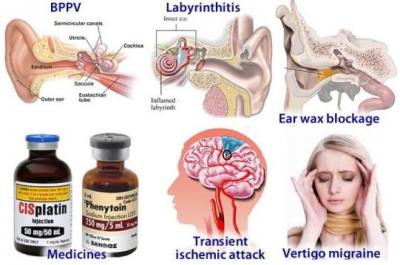80
- Avoid sugar and refined fructose. Ideally, you'll want to keep your sugar levels to a minimum, with your total fructose below 25 grams per day, or as low as 15 grams per day if you have insulin/leptin resistance. Avoid all artificial sweeteners, especially aspartame, which studies have linked to the development of Alzheimer's disease.
Avoid gluten and casein (primarily wheat and pasteurized dairy, but not dairy fat, such as butter). Research shows that gluten adversely affects your blood-brain barrier and makes your gut more permeable, which promotes inflammation and immune dysfunction, and both of these are believed to play a role in the development of Alzheimer's disease
Optimize your gut flora by regularly eating fermented foods.
- Increase consumption of healthy fats, including animal-based omega-3 fats. Make sure you're getting enough omega-3 fats, such as wild-caught Alaskan salmon, sardines, and krill oil, which helps protect your brain.
- Reduce your overall calorie consumption, and/or fast intermittently. Intermittent fasting is a powerful tool to jumpstart your body into remembering how to burn fat and repair the insulin/leptin resistance that's a primary factor in the development of Alzheimer's.
- Improve your magnesium level. Preliminary research suggests increased magnesium levels in the brain may result in decreased Alzheimer's symptoms. Unfortunately, most magnesium supplements do not cross the blood-brain barrier, but magnesium threonate appears to cross so it may be superior to other forms.
- Eat a nutritious diet, rich in folate and zinc. Without question, fresh vegetables are the best form of folate. Avoid taking a folic acid supplement, which is the inferior and synthetic version of folate. Research suggests zinc deficiency can contribute to Alzheimer's by promoting the accumulation of defective proteins in your brain, which is one of the hallmarks of the disease.
- Avoid environmental toxins and chemicals as much as possible. The rise in Alzheimer's disease may be related to genetically engineered foods and how they're grown; herbicides like glyphosate are mineral chelators, binding up important nutrients, such as zinc.
Regular exercise AND minimize sitting
Get plenty of restorative sleep
- .
- Optimize your vitamin D levels with safe sun exposure
- Eliminate mercury from your body. Dental amalgam fillings, which are 50 percent mercury by weight, are one of the major sources of heavy metal toxicity. Once you've optimized your diet, consider implementing a mercury detox protocol and then finding a biological dentist to safely remove your amalgams.
- Eliminate aluminum from your body. Many people with Alzheimer's are found to have high aluminum levels in their brain. Sources of aluminum include antiperspirants, non-stick cookware, vaccine adjuvants, etc.
- Avoid flu vaccinations as most contain mercury and aluminum, which are well-known neurotoxic and immunotoxic agents.
- Avoid drugs—especially anticholinergics, statins, and benzodiazepines. Drugs that block acetylcholine, a nervous system neurotransmitter, have been shown to increase your risk of dementia. These drugs include certain nighttime pain relievers, antihistamines, sleep aids, certain antidepressants, medications to control incontinence, and certain narcotic pain relievers.
Challenge your mind daily. Mental stimulation—especially learning something new, such as learning to play an instrument or a new language—is associated with a decreased risk of Alzheimer's.
منابع :
- 1 Alzheimer’s Association
- 2 Alzheimer’s Association September 21, 2010
- 3 4 BBC News January 5, 2014
- 5 Alzheimer Thailand Baan Kamlanchay Facebook page
- 6 Denver Post December 30, 2013
- 7 Care Resort Chiang Mai
- 8 Dementia Village
- 9 Hogeweyk
- 10 CNN December 27, 2013
- 11 J Neurol Neurosurg Psychiatry March 21, 2012




